Our work
EDRi is the biggest European network defending rights and freedoms online. We work to to challenge private and state actors who abuse their power to control or manipulate the public. We do so by advocating for robust and enforced laws, informing and mobilising people, promoting a healthy and accountable technology market, and building a movement of organisations and individuals committed to digital rights and freedoms in a connected world.
Filter resources
-

EDRi-gram, 5 March 2025
What has the EDRis network been up to over the past two weeks? Find out the latest digital rights news in our bi-weekly newsletter. In this edition: Our call to reject the Europol reform, UK and France launch fresh attacks on encryption, & more!
Read more
-

Apple and the long secret arm of the UK Government
Apple disabled their 'advanced data protection' service for UK customers following a secret UK Government order demanding access to global user data. EDRi member Privacy International criticises this weakening of security standards for users in the United Kingdom.
Read more
-

TikTok’s ‘For You’ feed risks pushing children and young people towards harmful mental health content
Amnesty International’s research details how TikTok’s relentless pursuit of young users’ attention risks exacerbating mental health concerns such as depression, anxiety and self-harm.
Read more
-

Poland searches for silver bullet for CSA Regulation
The Polish Council Presidency attempts to break the deadlock on the controversial 'Chat Control' proposal. We analyse the new approach and what could happen if Member States approve it.
Read more
-
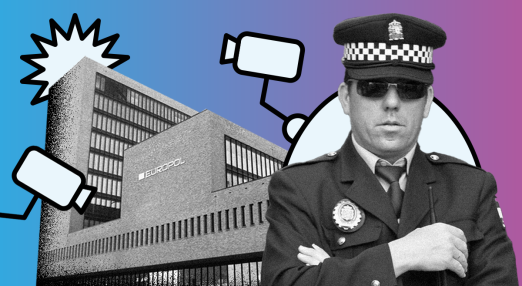
Why the new Europol regulation is a Trojan Horse for surveillance
The EU Commission’s proposal for a new Europol Regulation as part of the recast of the ‘Facilitator’s Package’ is a pretext for unchecked expansion of power and resources for Europol, the EU’s policing agency, at the expense of those they claim to protect.
Read more
-
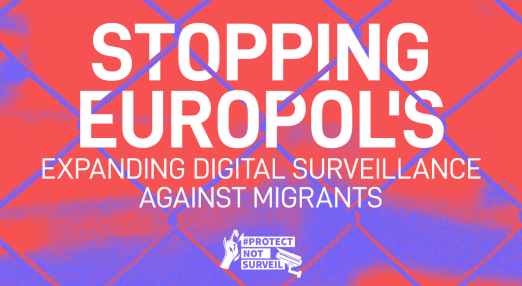
Protect Not Surveil position paper: Stop Europol’s expanding digital surveillance against migrants!
EDRi and the Protect Not Surveil coalition published position paper today to call for the rejection of the Europol reform. The proposed legislation would expand Europol’s surveillance powers, put lives at risk, and criminalise migrants and solidarity organisers.
Read more
-
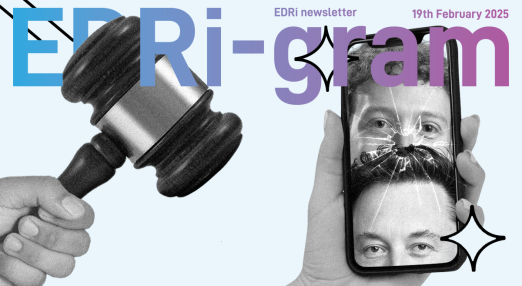
EDRi-gram, 19 February 2025
What has the EDRis network been up to over the past two weeks? Find out the latest digital rights news in our bi-weekly newsletter. In this edition: Commission withdraws ePrivacy proposal, new database to track investigations into Big Tech, & more!
Read more
-
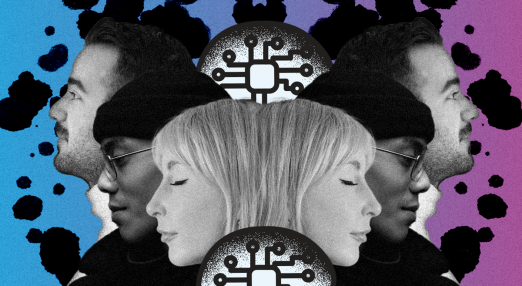
The EDPB’s Rorschach Test: What the data protection body’s Opinion on AI training Means for GDPR Enforcement
In December 2024, the European Data Protection Board (EDPB) released a much-awaited Opinion on AI model training. While the Opinion reaffirmed GDPR principles and underscored the need for robust safeguards, its ambiguities may leave room for regulatory evasion, reinforcing the ongoing struggle between data protection rules and commercial AI development wishes.
Read more
-
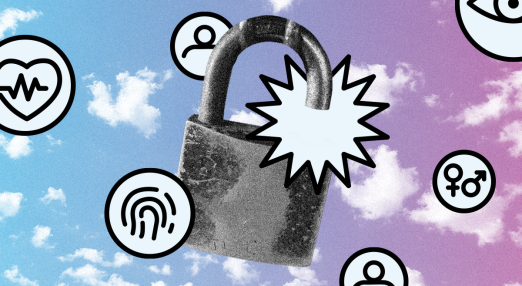
The ePrivacy Regulation proposal has been withdrawn, but the fight for your privacy is far from over
The European Commission's withdrawal of the ePrivacy Regulation proposal is a major setback for privacy rights in Europe, driven by pressure from industry interests and national security concerns. However, EDRi remains committed to advocating for stronger privacy protections, challenging commercial and state surveillance in future legislative efforts.
Read more
-
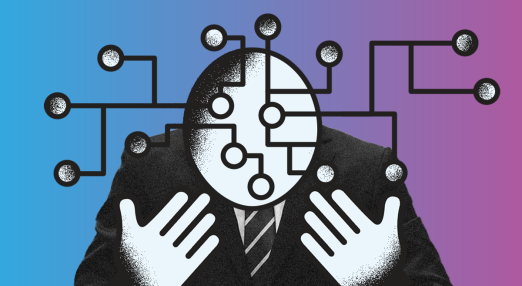
12 civil society organisations tell delivery platforms it’s time to deliver answers on how they use algorithms to manage their workers
EDRi member Privacy International and more digital rights groups, together with trade unions, call out food delivery platforms for their algorithmic management of workers. In an open letter co-signed by 12 organisations, they make three clear recommendations for the platforms to improve.
Read more
-

GDPR Procedural Regulation: A critical opportunity to strengthen cross-border enforcement
As EU negotiators continue trilogue discussions on the GDPR Procedural Regulation, civil society organisations across Europe are raising the alarm: the proposed reforms risk failing to address the long-standing enforcement challenges that have undermined the GDPR’s effectiveness. In a joint letter, EDRi, Access Now and 34 fellow organisations call on policymakers to prioritise robust, rights-centred enforcement mechanisms that ensure individuals can meaningfully exercise their rights.
Read more
-

The Digital Services Coordinator Database: Tracking DSA investigations into Big Tech
EDRi has launched its Digital Services Coordinator Database which provides a comprehensive overview of all enforcement authorities and the cases they have taken against online platforms under the EU’s Digital Services Act.
Read more
